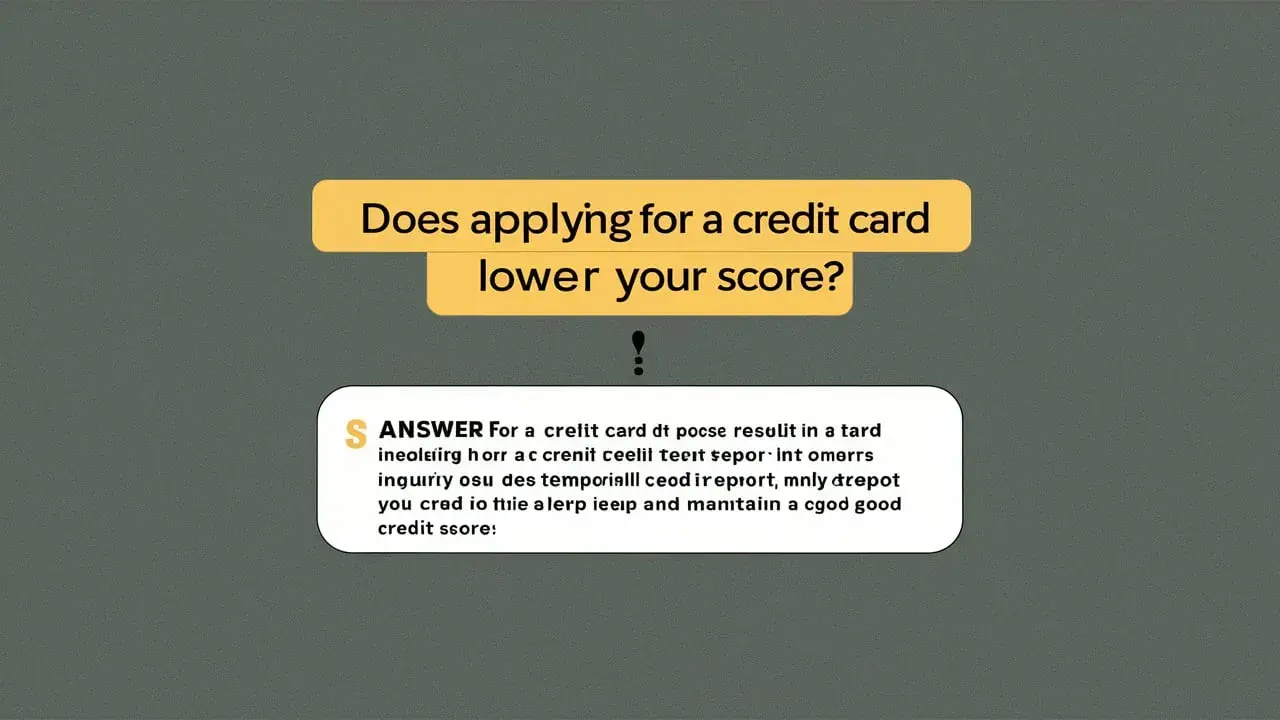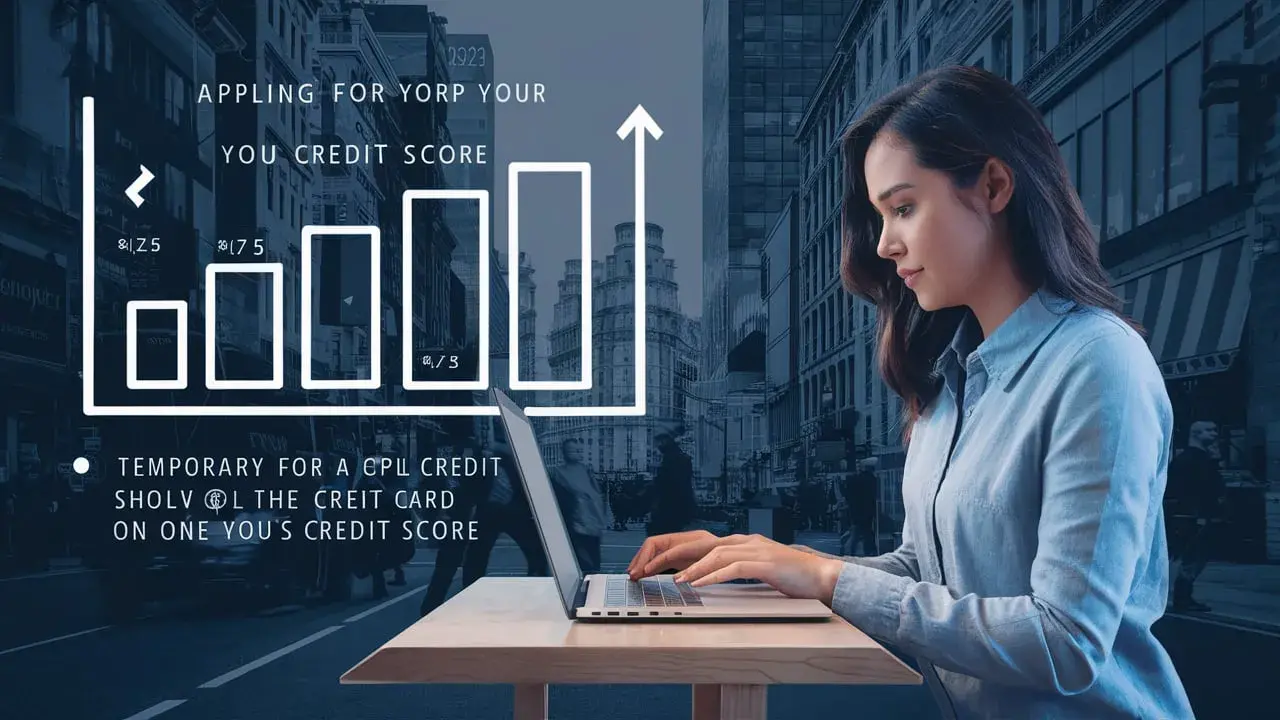-
Posted on: 25 Apr 2025

-
Credit Card with No Credit Report: A Comprehensive Guide
In today’s financial landscape, having a credit card is almost a necessity. It helps with online purchases, emergency expenses, and even building a credit history. But what if you don’t have a credit report? Many people—especially students, immigrants, or those new to credit—struggle to get approved for a traditional credit card because they lack a credit history.
What Does "No Credit Report" Mean?
A credit report is a detailed record of your borrowing and repayment history. Lenders use it to assess your creditworthiness. If you’ve never taken out a loan, had a credit card, or been listed as an authorized user, you likely have no credit report.
This can make it difficult to get approved for financial products, but it doesn’t mean you’re out of options. Some credit cards are designed specifically for people with no credit history.
Types of Credit Cards Available Without a Credit Check
Secured Credit Cards
A secured credit card requires a cash deposit as collateral, which usually becomes your credit limit. Since the issuer takes on minimal risk, it often approves applicants with no credit history.
Examples:
- Discover it® Secured Credit Card
- Capital One Platinum Secured Credit Card
How It Works:
- You deposit 200–200–500 (varies by issuer).
- Your credit limit is typically equal to your deposit.
- Responsible usage is reported to credit bureaus, helping you build credit.
Student Credit Cards
If you’re a college student with little or no credit, student credit cards are a great option. They often have lower credit requirements and may offer rewards.
Examples:
- Discover it® Student Cash Back
- Capital One SavorOne Student Cash Rewards
Eligibility:
- I must be enrolled in a college or university.
- May require proof of income (part-time job, scholarships, etc.).
Retail Store Credit Cards
Some retail stores offer credit cards with easier approval processes, even for those with no credit history. These cards can only be used at specific stores.
Examples:
- Target REDcard™
- Amazon Store Card
Pros & Cons:
- ? Easier approval
- ? High interest rates
- ? Limited usability
Prepaid Debit Cards (Not True Credit Cards)
Prepaid debit cards aren’t credit cards, but they function similarly for purchases. Since you load money onto them, there’s no credit check. However, they do not help build credit.
Examples:
- Netspend Visa® Prepaid Card
- PayPal Prepaid Mastercard®
Credit Cards for Immigrants & Foreign Nationals
Some issuers offer credit cards for newcomers to the U.S. who don’t have a Social Security Number (SSN) but have an Individual Taxpayer Identification Number (ITIN).
Examples:
- Deserve® EDU Mastercard for Students
- Petal® 2 Visa® Credit Card (may accept alternative credit data)
How to Apply for a Credit Card with No Credit Report?
Step 1: Check Your Credit Status
Even if you think you have no credit history, verify it for free at:
- AnnualCreditReport.com
- Credit Karma or Experian
Step 2: Choose the Right Card
- If you can afford a deposit, go for a secured card.
- If you’re a student, apply for a student credit card.
- If you shop frequently at a particular store, consider a retail card.
Step 3: Gather Required Documents
- Proof of identity (driver’s license, passport)
- Proof of income (pay stubs, bank statements)
- SSN or ITIN (if applicable)
Step 4: Submit Your Application
Apply online or in person. If denied, call the issuer’s reconsideration line to explain your situation.
Pros and Cons of No-Credit-Check Credit Cards
Pros:
Accessible Approval – Easier to get than traditional cards.
Credit Building – Helps establish a credit history.
Financial Flexibility – Useful for emergencies and online purchases.Cons:
Low Credit Limits – Often 200–200–500 for secured cards.
High Fees & Interest – Some charge annual fees or high APRs.
Limited Rewards – Fewer perks compared to standard cards.How to Build Credit from Scratch?
Once you get your first credit card, follow these tips to build a strong credit history:
- Pay On Time, Every Time – Payment history is 35% of your credit score.
- Keep Balances Low – Aim for under 30% of your credit limit.
- Become an Authorized User – Ask a family member with good credit to add you.
- Monitor Your Credit – Use free tools like Credit Karma to track progress.
- Graduate to an Unsecured Card – After 6–12 months of responsible use, some issuers may refund your deposit and upgrade you.
Final Thoughts
Having no credit report doesn’t mean you can’t get a credit card. Options like secured cards, student cards, and retail cards provide opportunities to build credit responsibly.
Start with a card that fits your financial situation, use it wisely, and over time, you’ll qualify for better credit products. Remember, building credit is a marathon, not a sprint.
Boost your credit score. Call us at (888) 803-7889 for free consultation and expert guidance!
Faq
1. Is it even possible to get a credit card that doesn't appear on my credit report?
Generally, no. The vast majority of major issuers (like Chase, Capital One, Citi, etc.) will report your account activity to at least one of the three major credit bureaus (Experian, Equifax, TransUnion). This is a standard practice. However, some very specific types of cards or alternative lenders might not report, but they are the exception, not the rule.
2. Why would someone want a credit card that doesn't report?
The primary reason is to build or rebuild credit without a hard inquiry or for those who want to use a card for convenience but keep their credit profile completely separate, perhaps for privacy reasons or because they are managing a debt settlement plan and want new credit without alerting existing creditors.
3. What types of cards are most likely NOT to report to the credit bureaus?
Store Cards from Smaller Retailers: Some very small, local retail stores might not report. Cards from Certain Credit Unions: Some very small, local credit unions might have older systems and not report to all bureaus (or any). Prepaid Cards: These are not credit cards; you are spending your own loaded money, so they do not affect your credit. "Secret" Cards: Some subprime cards marketed with this promise, but they are often scams.
4. If I have bad credit, is a "no report" card a good way to get approved?
Not necessarily. A lender that doesn't check your credit (no hard inquiry) might be easier to get, but it often comes with major downsides like very low limits, high fees, and poor terms. More importantly, since it won't report your positive payment history, it won't help you rebuild your credit, which is usually the goal for someone with bad credit.
5. What's the difference between a "no credit check" card and a "no credit report" card?
This is a crucial distinction: No Credit Check: The issuer doesn't perform a hard inquiry on your credit report to approve you. They may use other criteria (like your banking history or income). No Credit Report: The issuer does not report your account activity (payments, balance) to the credit bureaus. A card can be one, both, or neither. Most common secured cards, for example, do a credit check and do report.
6. Are secured credit cards a better alternative?
Yes, almost always. A secured card from a reputable issuer (like Discover it® Secured or Capital One Platinum Secured) requires a refundable security deposit and does report to all three credit bureaus. This means your on-time payments help build your credit history, making it a powerful tool for building or rebuilding credit.
7. Can an authorized user account not be reported?
Yes, it's possible. While many issuers do report authorized user history, it is not universal. The primary cardholder should check with their issuer to confirm if the account will appear on the authorized user's credit report. If it doesn't, the authorized user gets none of the credit-building benefits.
8. What are the biggest risks of seeking a "no report" card?
The biggest risk is falling for a scam. predatory lenders often use the promise of "no credit check" or "invisible credit" to lure in vulnerable consumers with exorbitant fees, hidden charges, and terrible terms. You could pay money and get no benefit to your credit score.
9. If my card isn't reporting, how can I prove my creditworthiness to other lenders?
Without a tradeline on your report, it's very difficult. You would need to use alternative data, such as providing bank statements to show consistent income and savings, or using a rent-reporting service to get your rental payments added to your credit file.
10. What should I do if my card isn't reporting my positive payment history?
First, confirm it by checking your free credit report at AnnualCreditReport.com. If it's missing, contact your card issuer directly. Ask them: 1) Which credit bureaus do you report to? and 2) Can you confirm my account is being reported? There may have been an error or a delay in reporting. If they confirm they simply don't report, your best bet is to open a new card with an issuer that does.











